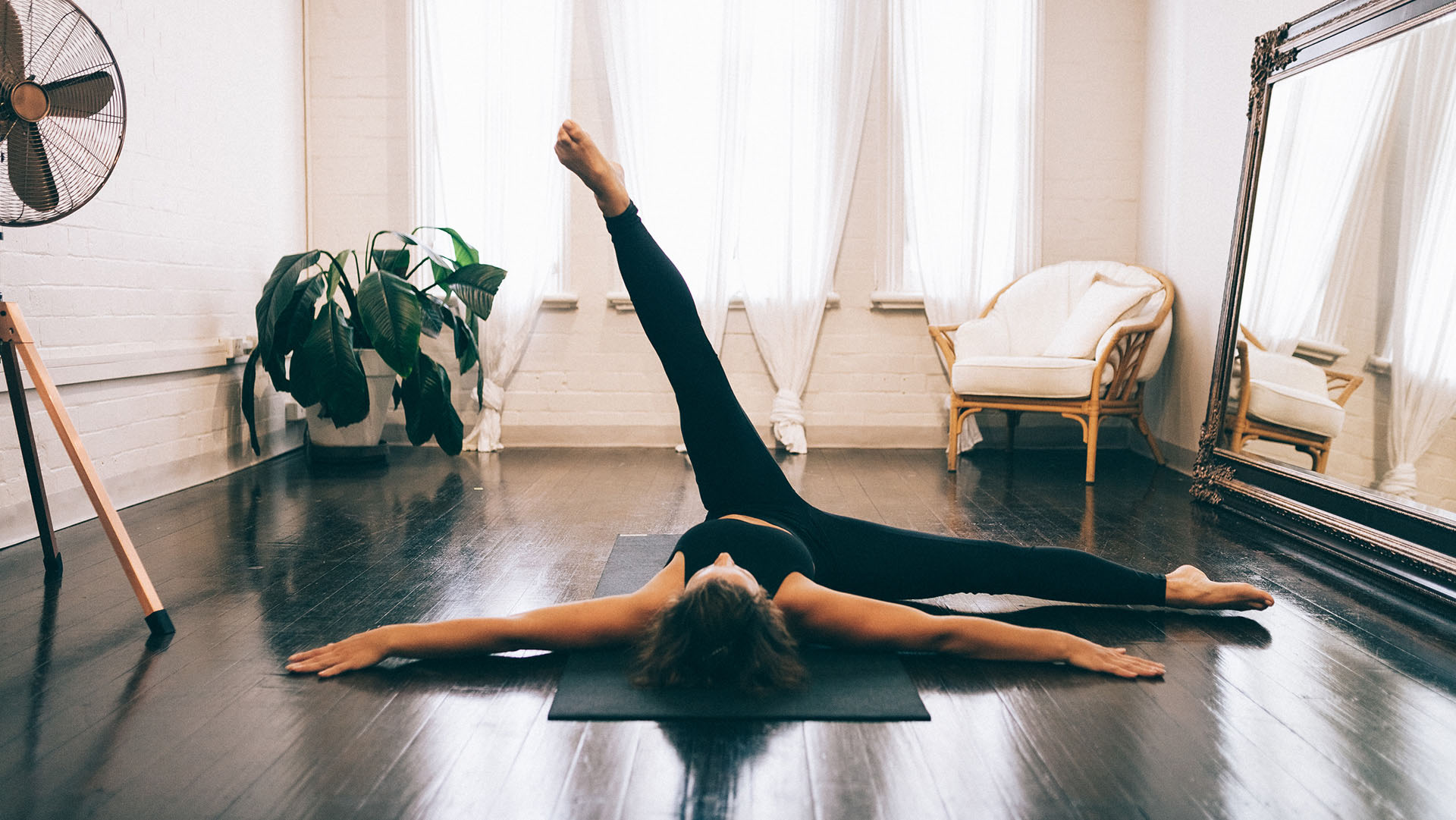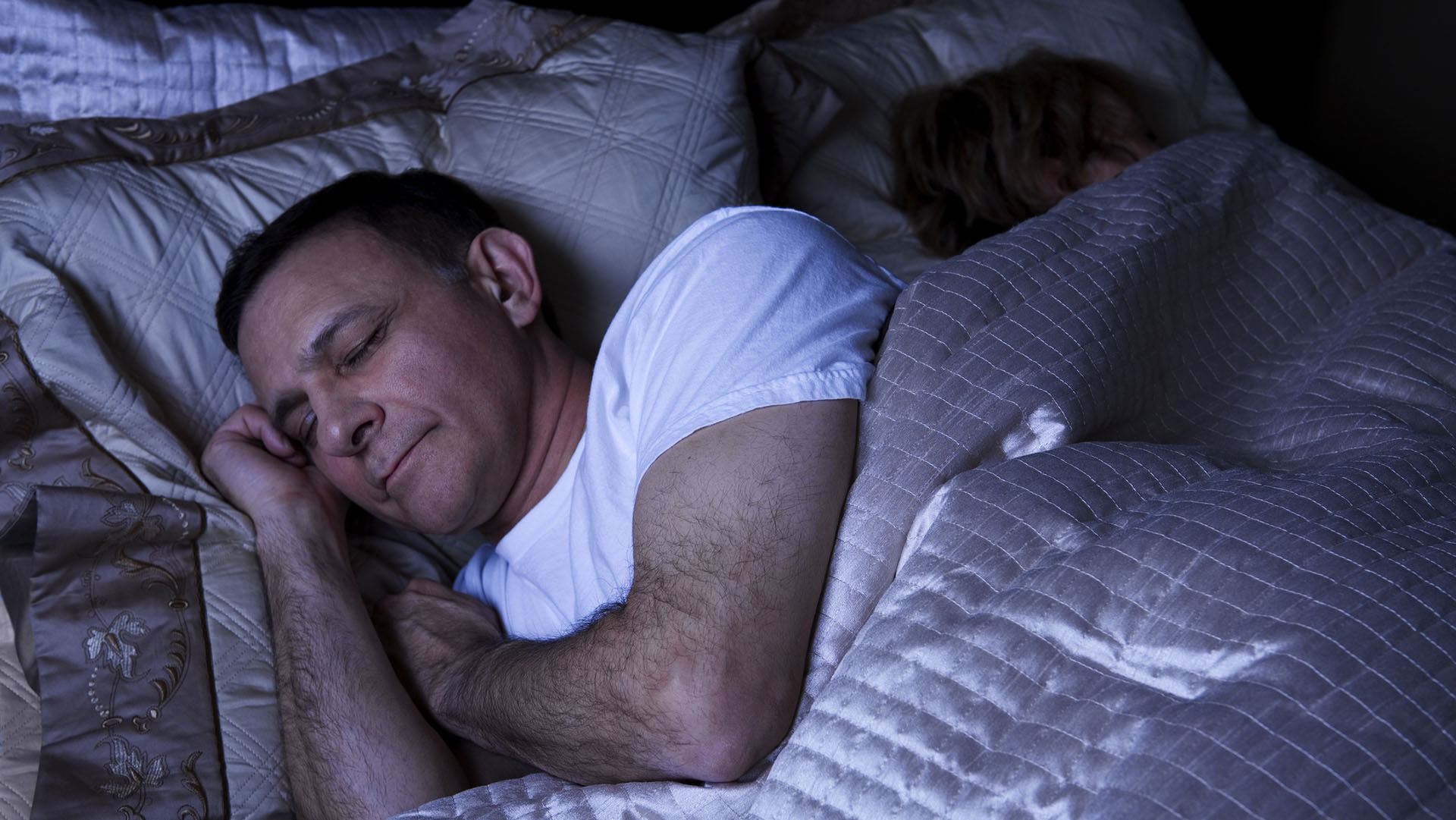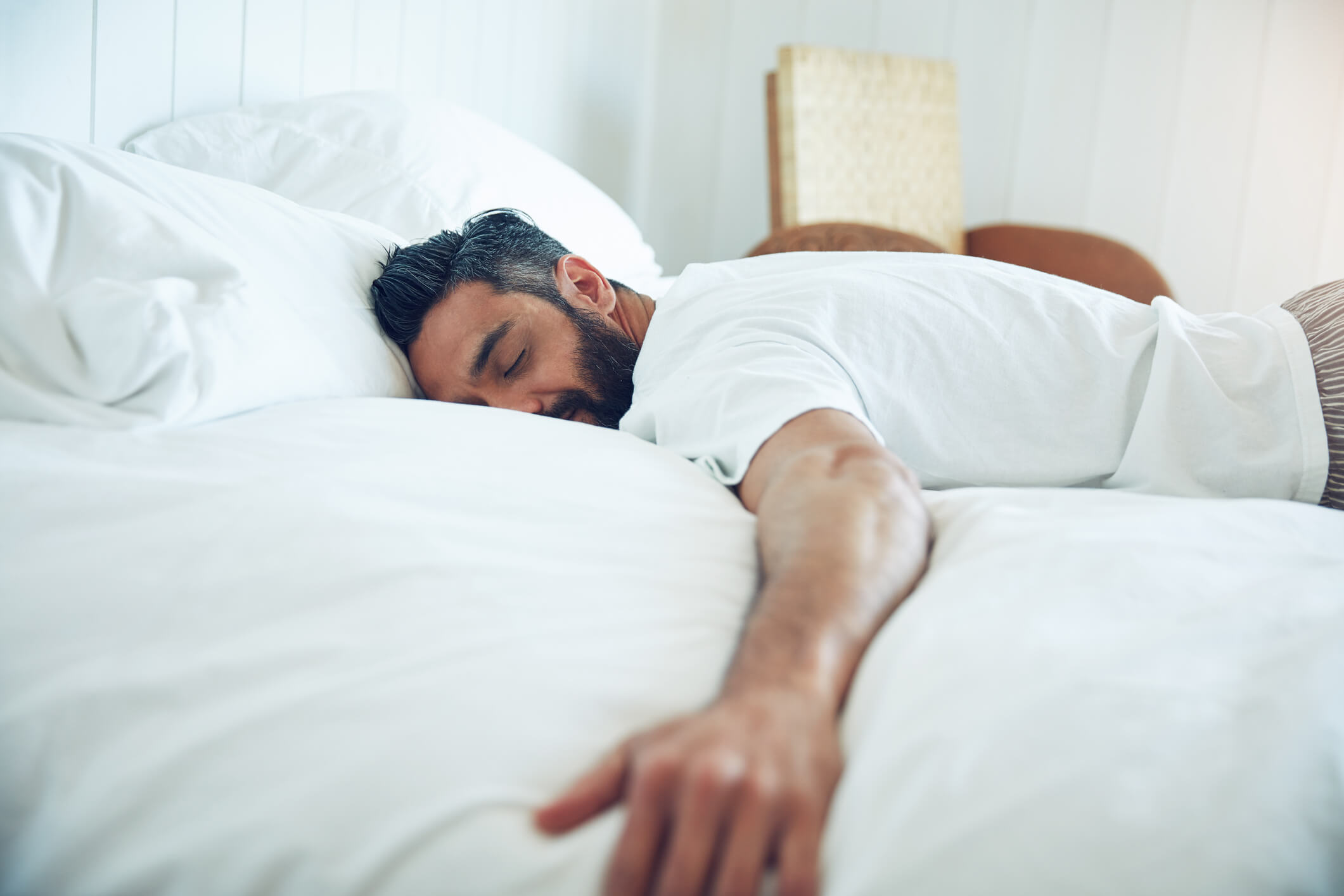What we're reading
-
Health, wellbeing and tech
Find information and tips to look after your health and wellbeing in the age of the smartphone.
-
Mental health
A guide to mental health, mindfulness and connecting with those around you
-
New Zealand travel experiences
Things to do and places to visit in New Zealand
-
Travelling in Asia
Things to do, top tips and places to visit in Asia.
-
Travelling in Australia
Places to visit and things to do in Australia
-
Mythbusters
We bust popular health myths and give you the straight answers you've been looking for
-
Stretching guide
A complete guide to stretching to relax and strengthen your body
-
Sleeping well
How to get your best nights sleep
Subscribe to receive the best from Live Better every week. Healthy recipes, exercise tips and activities, offers and promotions – everything to help you eat, move and feel better.
By clicking sign up I understand and agree to Medibank's privacy policy















.jpg)


